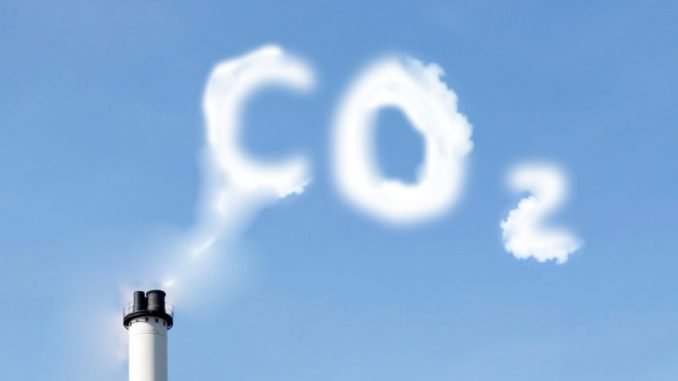2050 net zero climate goal symbolic. But tell me what you’re gonna do right now.
The climate change debate over net zero emissions by 2050 is important but largely symbolic unless backed by specifics. It’s important that we debate the specific initiatives and policies that will improve people’s lives and reduce the pollution of the air we breathe, the water we drink, swim, and fish in, and protect the land that helps feed and sustain us.
What specific projects and policies will reduce the pollution that is disrupting and harming the climate and our health?
The 2050 ambition is important, but is largely symbolic and probably isn’t ambitious enough.
In fact, it’s possible Scott Morrison will announce a net zero by 2050 target in the next few weeks while at the same time doubling coal exports, opening new gas fields, and keeping unviable coal-burning power stations on life-support with government subsidies. That transitions the net zero target from symbolism to outright fraud.
And according to the Climate Council, the net zero by 2050 target isn’t enough to limit global warming.
But on its own, just reaching net zero in 2050 is nowhere near enough. To meet the goal of limiting global warming to 1.5 degrees, the whole world will need to reduce emissions by 7% per year every single year between 2020 and 2030. Even limiting global warming to well below 2 degrees would require annual global reductions of greenhouse gas emissions of 2.6% per cent per year.
Climate Council – https://www.climatecouncil.org.au/resources/what-does-net-zero-emissions-mean/
The language around climate is alienating. Many people don’t know what emissions are (why not use pollution?) or what “net zero” means (we’re trying to reduce and limit pollution).
And most people can’t imagine the year 2030 let alone 2050.
Think back 30 years to 1991.
Could you have imagined where your life and the world would be in 2021?
That we’d have insanely powerful computing power in our pockets that enable us to instantly talk to or video call anyone, anywhere, anytime.
That many counties would have legalised marriage equality.
That China would be nipping at America’s heels as a global superpower.
It is likely you wouldn’t have even heard of the words “climate change”.
What we do right now matters and requires specific initiatives.
Below is a graph from 2019 of the make-up of Australia’s total carbon pollution. Can you name three things that the federal government (or opposition) is proposing to reduce pollution from electricity, transport, agriculture, or waste? Much of the public debate is about what the emission reduction target should be, not on the initiatives, incentives or disincentives that would reduce pollution from these industries.
https://www.environment.gov.au/system/files/resources/6686d48f-3f9c-448d-a1b7-7e410fe4f376/files/nggi-quarterly-update-mar-2019.pdf
I’d like to see all political parties immediately commit to a net zero by 2050 target, but then quickly move on to ambitious targets for limiting pollution by 2030. Those targets must be backed by specific and practical initiatives and policy settings that will limit climate damage while creating good-paying jobs, healthier communities, and clean environments.
And those initiatives should cover energy, waste, agriculture, forestry and land use, transport, construction and urban design and a just transition for communities whose industries are in decline. The global market for coal is going to decline – not facing that reality is going to hurt coal miners and coal mining communities and coal miners know it.
And I’d like to see the federal government enlist all of us (individuals and households, schools, businesses, councils, and State and Territory governments) in what is the greatest challenge of our time.
Some are motivated on this issue because they understand it as the existential threat it is.
But taking action on reducing climate damage is also an immediate opportunity – to create good-paying clean jobs, to make our communities safer, for cleaner air, water and land, for improving our health and well-being, for quicker and more affordable transport around cities, for better housing and so much more.

